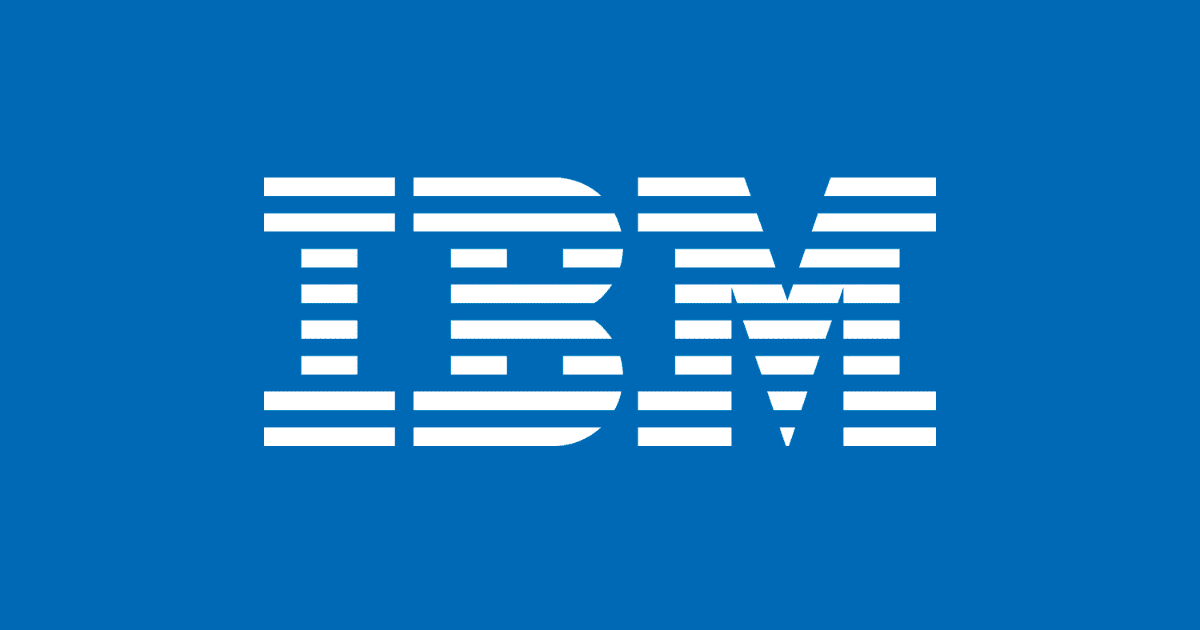It is fair to say IBM was not impressed with Google’s declaration of Quantum Supremacy. In post full of withering put-downs, the computer giant refuted many of the claims made in a paper published in Nature, and welcomed by Google CEO Sundar Pichai.
Recent advances in quantum computing have resulted in two 53-qubit processors: one from our group in IBM and a device described by Google in a paper published in the journal Nature. In the paper, it is argued that their device reached “quantum supremacy” and that “a state-of-the-art supercomputer would require approximately 10,000 years to perform the equivalent task.” We argue that an ideal simulation of the same task can be performed on a classical system in 2.5 days and with far greater fidelity. This is in fact a conservative, worst-case estimate, and we expect that with additional refinements the classical cost of the simulation can be further reduced. Because the original meaning of the term “quantum supremacy,” as proposed by John Preskill in 2012, was to describe the point where quantum computers can do things that classical computers can’t, this threshold has not been met.
Check It Out: IBM Gets Sniffy at Google’s Quantum Supremacy Claim

Charlotte:
Many thanks for posting this; it was a great diversion.
I had heard of IBM’s objections, it was informative to read their commentary. This discussion is representative of the academic world. Beyond the often cited quote that extraordinary claims require extraordinary evidence, often attributed to Einstein, but instead coined by Laplace and popularised by Carl Sagan https://rationalwiki.org/wiki/Extraordinary_claims_require_extraordinary_evidence, and a statement that itself has been disputed as valid https://link.springer.com/article/10.1007/s11406-016-9779-7, is the issue of simply being clear on definitions and terminology. (As an aside, most scientists would probably concur that there should not be two standards or types of evidence).
In science, words or terms common in every day usage have precise and specific meaning, which even scientists in that field may abuse either through want of understanding or an unregulated and incautious desire to claim the honour of being ‘first’ to achieve a milestone.
All of the above can have untoward consequences, particularly a claim is made that an industry adopts and attempts to implement for public consumption, and the technology or product fails to deliver as expected.
IBM’s complaint is both about being clear not simply on the terminology, but more importantly, the facts, whether of theory or findings; and about expectations, and insuring that these are grounded in facts, as well. Their commentary also underscores the importance of peer-review, which should be undertaken by those truly steeped in a given topic, as evidenced by their own work and accomplishments, and why, when advancing any claim or new observation, a conservative approach that closely adheres to the evidence, which should be testable, is the best approach for all concerned.
Oooooo…snap